6. Investigation of a Citizen Above Suspicion (1970)
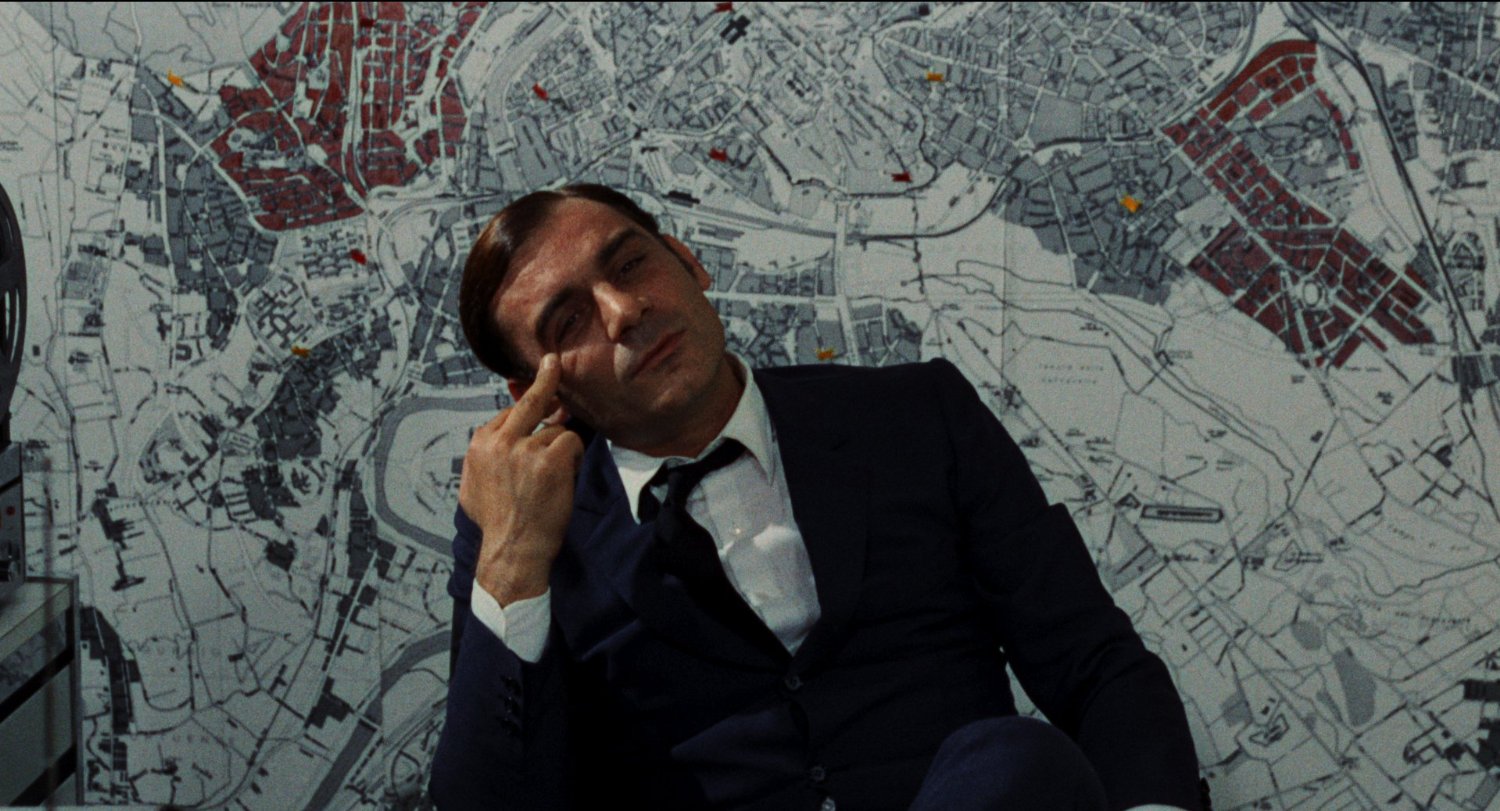
Was there any doubt that a bona fide master of tonal balancing like Yorgos Lanthimos, whose work routinely balances laugh-out funny moments with gruesome bursts of violence that instantly send shivers down your spine, would be able to appreciate one of the best farcical comedies of all time?
The quintessential Poliziotteschi thriller is an Oscar-winning whodunit and a biting takedown of Italian bureaucracy and blind authority that puts us in the shoes of a Roman police inspector who goes as far as to brutally murder his mistress in cold blood and purposefully leave a trail of clues if only to prove the point that he can, in fact, get away with it — based on the fact that not one of his devoted subordinates would dare to suspect him of all people. Western aficionados might remember Gian Maria Volonté for playing the heavy in two-thirds of Sergio Leone’s iconic Dollars trilogy, while the rest will quickly learn to love to hate him here.
7. The Servant (1963)
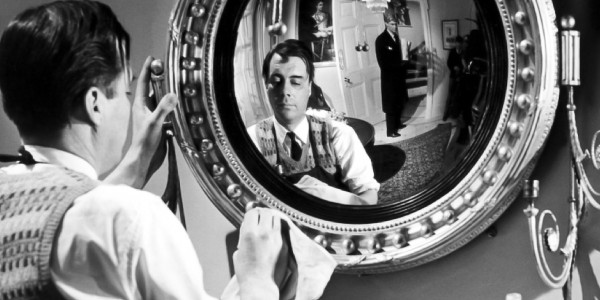
If Lanthimos’ “Poor Things” has left you looking for a similarly engrossing, provocative, and sexually charged literary adaptation told through the perspective of a lowly servant working in a luxurious state who upends the established power dynamic, this classic movie written by British playwright Harold Pinter should scratch that itch.
From blacklisted Hollywood director Joseph Losey comes this twisted and politically pointed tale about a seemingly polite but quietly manipulative English housekeeper (Dirk Bogarde) who moves into a Victorian-era townhouse to tend to the needs of naïve young aristocrat Tony (James Fox). Simmering tension soon begins to boil over between master and manservant as we watch the latter worming his way into the confidences of the former only to turn on him when he least expects it.
You never know what’s lurking in the surface in this Hitchcockian domestic drama, a Lanthimos favorite that recalls the saw-edged class-conscious satires of Luis Buñuel and Bong Joon-ho and continues to be a guidepost for how to blend nervously unsettling atmosphere with sharp social commentary.
8. The Game (1997)
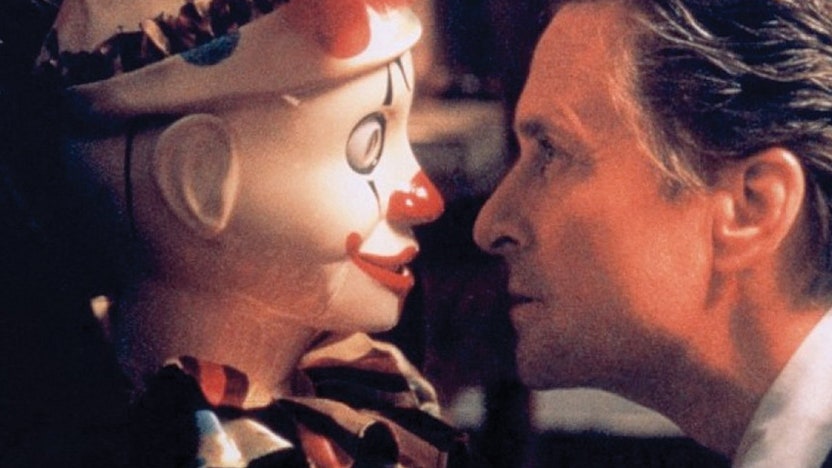
One of the most unpredictable and flat-out entertaining thrillers directed by David Fincher, this 1990s nail-biter finds king-of-sleaze Michael Douglas in top form in the role of Nicholas Van Orton — a grouchy San Francisco banker who gets more than what he bargained for after his younger brother (Sean Penn) convinces him to partake in a mysterious (and possibly life-threatening) wild-goose chase for his forty-eighth birthday.
The legendary actor of “Basic Instinct” fame earned glowing praise from Yorgos Lanthimos during an interview with Metro during promotion for “Alps”, with the Greek auteur making special mention of Douglas’ acting chops and noteworthy range: “I recently re-watched “The War of the Roses” and “The Game” and Douglas is great in both,” he said. “He’s very funny, precise, and generous, never overdoing it, and his comedic timing is amazing.”
This is something of a divisive film among diehard Fincher fans that you’ll either buy in or you won’t. But as long as you don’t mind briefly suspending your disbelief for its most outlandish rug-pull moments, watching the Hollywood stalwart get roped deeper and deeper into trouble is guaranteed to keep newcomers glued to the screen from start to finish.
9. The Red and White (1967)
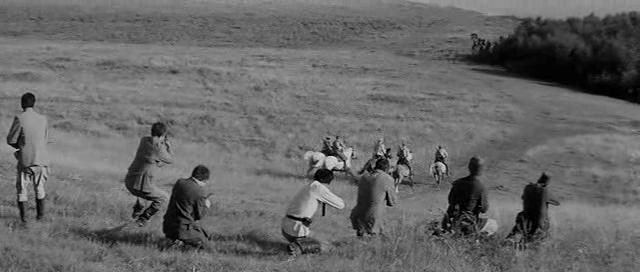
During last year’s press cycle for his latest star-studded awards contender, Yorgos Lanthimos and the “Poor Things” cast all had a chance to chat with social media outlet Letterboxd, where they were each prompted to name four of their favorite movies of all time. Several arthouse gems that any dedicated cinephile worth their salt should seek out earned a shoutout, including Luis Buñuel’s “The Discreet Charm of the Bourgeoisie”, John Cassavetes’ “Husbands”, and Robert Bresson’s “Au Hasard Balthazar”, with this underseen benchmark of Hungarian cinema directed by Miklós Jancsó rounding out Lanthimos’ fairly eclectic shortlist.
Old wounds from the past get reopened once again in this unsparing, devastating look at the Russian Civil War that turns the clock back to 1919, where Hungarian Communists working for the Red Army and Tsarists’ forces (“Whites”) square off for control near the Volga River. An outspoken fan of director Miklós Jancsó, Lanthimos noted that he has yet to decide whether he likes “The Red and White” or Jancsó’s 1966s “The Round-Up”, about the Hungarian war of independence, better. Fortunately, you really can’t go wrong with either.
10. Heli (2013)
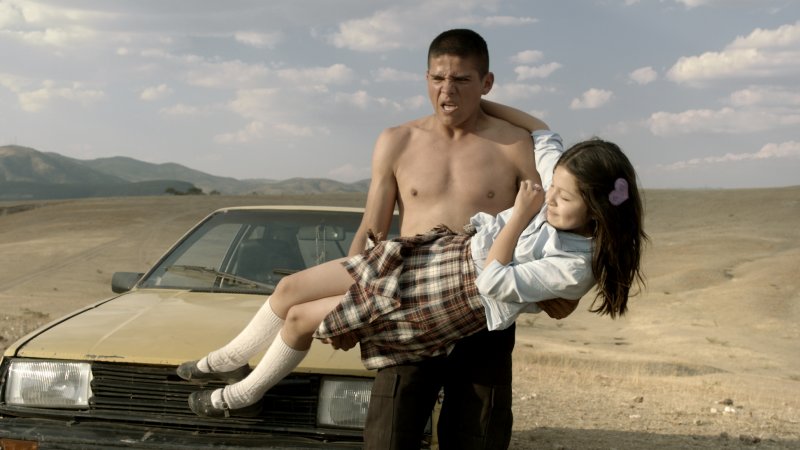
It’s safe to say that of all established directors currently working within the studio system, very few if any have been able or as willing to push all kinds of buttons and boundaries with their films as Yorgos Lanthimos. In a 2016 interview with The Fader, the Greek director raised salient points about moviegoers’ gut reactions to violence on-screen, and the seemingly arbitrary guidelines we accept as guideposts for what’s acceptable or not, citing his experience watching this prize-winning film in Cannes to prove his point.
An unflinching deep dive into the seedy and lawless Mexican drug underworld, “Heli” centers around a young man living on the fringes who’s accidentally swept into a deadly feud with the local cartel and the corrupt police force after carelessly throwing away two bags of cocaine that her 12-year-old sister had secretly stashed in their home for safekeeping. Lanthimos confessed he was a bit confounded by the fact that no one among the audience seemed to bat an eye during the film’s most visceral scenes but collectively gasped when a little dog is killed by a cop. “Isn’t this culture amazing? We’re ready to accept any kind of violence inflicted on humans but when it’s an animal being hurt… it’s a gut reaction. I don’t know why it happens.”